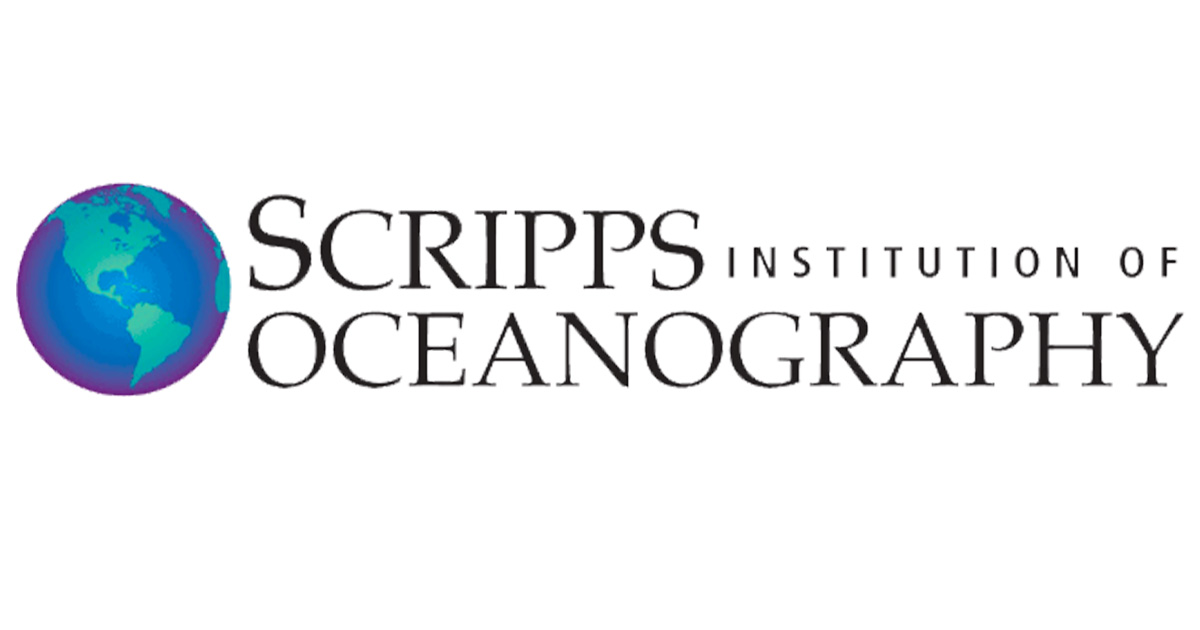The organizing principle of the Integrative Oceanography Division (IOD) resides in a shared commitment to collaborative, interdisciplinary science. "Integrative" denotes our philosophy that multiple approaches are important in creating a better understanding of the ocean system.
We take great pride in our membership of physical, biological, chemical and geological oceanographers, climate and information scientists, data and information managers, engineers, technicians, education specialists, administrative and management professionals. IOD distinguishes itself as a scientific home for researchers working at the boundaries of traditional academic spheres, and generating growing programs in the integration of research with informatics as well as with education and public outreach. From pelagic to benthic ecology, shoreline to open ocean dynamics, data to information systems, our research encompasses field work, laboratory experimentation and computer modeling to acquire, integrate, synthesize and understand diverse data sets to elucidate the underlying dynamics of complex, multidimensional ocean systems.
POSITION DESCRIPTION
Under direct guidance of senior researcher, applies acquired skills and knowledge of applicable research discipline to support field research projects of small to medium size and intermediate scope and complexity field research projects.
Supports research projects that rely on field observations as well as keeps current with the latest technologies and research advances. Performs a variety of field work, analysis, programming, and reporting tasks related to coastal field and research processes. Assists experienced staff to coordinate fieldwork, collect GPS and LiDAR coastal surveys, deploy, recover, and maintain scientific instruments, and maintain field and laboratory equipment. Processes, quality controls, and analyzes point cloud survey data and coastal satellite data. Prepares data plots and figures for publication in peer-reviewed journals and presentations. The position will be within a dynamic collaborative environment with opportunities to develop independent troubleshooting skills.
QUALIFICATIONS
- Bachelor's degree in data science, oceanography, climate and environmental science, knowledge of related disciplines via work experience, or equivalent combination of education and experience.
- Working knowledge of research discipline, principles, concepts, analysis and / or operations being conducted at field / remote sites.
- Experience with open-source software satellite imagery toolkit to access, download, and analyze time-series of shoreline positions using remote sensing techniques and geographical information systems (GIS) programs. Experience processing, quality controlling, and analyzing point cloud topographic data.
- Working knowledge of safety, legal, cultural and regulatory requirements relative to field research responsibility.
- Demonstrates ability to develop and maintain strategic relationships and partnerships with remote research partners.
- Working knowledge of local customs and operations at field / remote sites.
- Demonstrated working knowledge of and ability to use PYTHON, MATLAB, and scripting language programming best practices.
- Demonstrates ability to work in ambiguous conditions. Ability and experience working at the beach, driving trucks and all-terrain-vehicles, walking and pushing carts over soft and hard packed sand and through the surfzone.
- Demonstrates ability to work with a team, and to meet deadlines with minimal supervision.
- Strong interpersonal skills to work with both technical and non-technical personnel at various levels in the group. Ability to interact using tact and diplomacy with diverse personalities including academics, staff, students, and volunteers. Ability to work in a collaborative manner. Self motivated, independent, able to learn quickly, and demonstrate problem solving skills. Possesses the ability to follow through with assigned tasks until completed.
- Proficient research and analytical skills. Experience analyzing and imaging environmental data. Demonstrated experience in analyzing long-term data sets including the comparison of in-situ time-series of cross-shore beach positions with satellite-derived shorelines. Experience documenting analysis and results through reports, manuscripts, or publications.
- Demonstrates attention to detail and organizational skills.
SPECIAL CONDITIONS
- The position is subject to a DMV check for a driving record and a valid driver's license.
- Must be willing to work overtime; occasional evenings and weekends may be required.
- Must be willing to work in the surfzone and at remote field sites for several times per year. Must be able to operate University owned cars, trucks, all-terrain-vehicle, and to push a manual dolly across the beach and through the surfzone.
- Must be able to to pass the ATV Safety Institute Rider Course.
- Position will involve physical labor for both field work and everyday tasks.
Annual Full Pay Range: $56,700–$97,500 (will be prorated if the appointment percentage is less than 100%)
Closing Date: January 29, 2024





